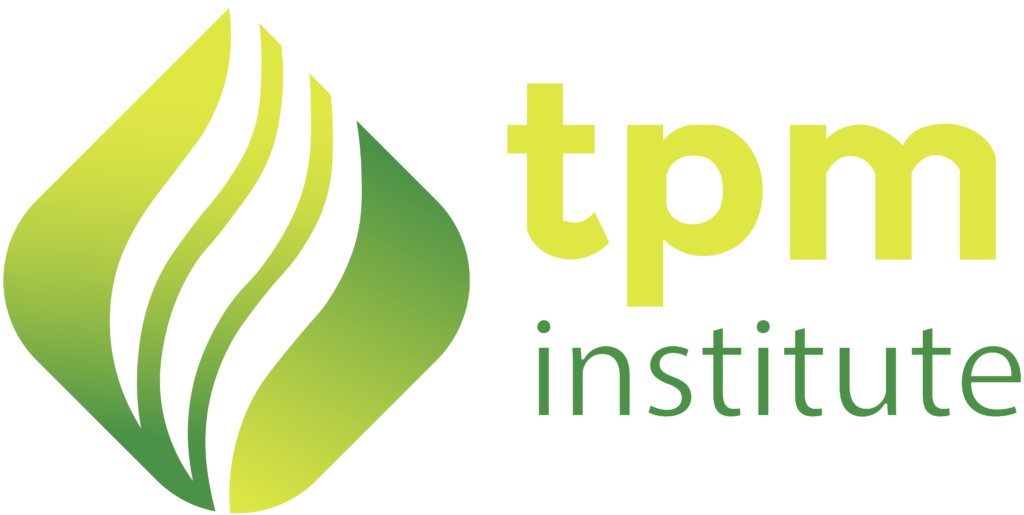In the fast-paced world of technology, delivering high-impact products and solutions requires seamless coordination between teams, strategic planning, and flawless execution. This is where the role of a Technical Program Manager (TPM) becomes invaluable.
At TPM Institute, we understand the complexities of technical program management and the essential role TPMs play in ensuring the success of tech initiatives. Whether you’re an aspiring TPM or a business looking to optimise your program execution, understanding the significance of this role is key to driving innovation.
What is a Technical Program Manager (TPM)?
A Technical Program Manager (TPM) is a professional responsible for managing complex technical projects and ensuring they align with a company’s strategic objectives. Unlike traditional project managers, TPMs possess strong technical expertise, allowing them to work closely with engineering and product teams to deliver results efficiently.
Key Responsibilities of a Technical Program Manager
The role of a Technical Program Manager extends beyond project management. Here are the primary responsibilities of a TPM:
- Strategic Planning and Roadmap Development: TPMs define the vision and goals for technical projects. They create detailed roadmaps that outline timelines, deliverables, and key milestones, ensuring alignment with business objectives.
- Cross-Team Collaboration: Technical projects require collaboration across multiple teams, including engineering, product management, quality assurance, and customer support. TPMs act as the bridge between these teams, ensuring seamless communication and coordination.
- Risk Management and Issue Resolution: Identifying potential risks and proactively mitigating them is crucial to successful project execution. TPMs anticipate challenges and develop contingency plans to ensure projects stay on track.
- Technical Leadership and Problem-Solving: Unlike traditional project managers, TPMs possess technical acumen that allows them to contribute to architectural discussions, provide guidance on best practices, and troubleshoot issues alongside engineers.
- Stakeholder Management: A TPM must effectively communicate with various stakeholders, including executives, engineers, and customers. Their ability to convey technical details clearly and concisely ensures transparency and alignment across all levels of the organisation.
- Process Improvement and Scalability: As companies scale, processes must evolve to accommodate growth. TPMs play a critical role in optimising workflows, implementing Agile methodologies, and driving continuous improvement.
How TPMs Drive Innovation in Tech Companies: Innovation is at the core of every successful tech company. TPMs contribute to innovation by:
- Enabling Agile Development: TPMs facilitate Agile practices, ensuring teams can iterate quickly, adapt to changes, and deliver high-quality products efficiently.
- Aligning Technology with Business Goals: By understanding both technical and business perspectives, TPMs ensure that engineering efforts align with company goals, maximising ROI.
- Encouraging Experimentation and Risk-Taking Successful TPMs foster a culture of innovation by encouraging teams to explore new technologies and methodologies, leading to breakthrough solutions.
- Leveraging Data-Driven Decision Making: Through analytics and performance metrics, TPMs assess project success, identify areas for improvement, and optimise future initiatives.
Skills Required to Succeed as a Technical Program Manager
A successful TPM possesses a unique blend of technical expertise and program management skills. Key skills include:
- Technical Knowledge: Proficiency in software development, cloud computing, and system architecture.
- Project Management: Experience with Agile, Scrum, and Kanban methodologies.
- Communication and Leadership: Strong ability to manage teams and communicate effectively.
- Problem-Solving and Critical Thinking: Ability to identify challenges and develop practical solutions.
- Time Management: Managing multiple projects simultaneously while meeting deadlines.
Why Businesses Need Technical Program Managers
Tech companies dealing with complex projects and multiple teams benefit significantly from having a Technical Program Manager. Without a TPM, projects can face miscommunication, scope creep, and delays.
Benefits of Hiring a TPM:
- Improved efficiency and productivity.
- More transparent communication between technical and non-technical teams.
- Enhanced risk management and issue resolution.
- Streamlined project execution and faster time-to-market.
Become a Technical Program Manager with TPM Institute
Suppose you’re looking to advance your career as a Technical Program Manager. In that case, TPM Institute provides top-tier training and certification programs designed to equip you with the necessary skills and knowledge. Our courses cover everything from Agile methodologies to leadership and technical decision-making.
Contact us: +1 (215) 430-2201 At TPM Institute, we help professionals and businesses unlock their full potential through expert-led training in technical program management. Contact us today to learn more about our programs and take the next step in your career!
By understanding the role of a Technical Program Manager, businesses can leverage TPMs to drive innovation, streamline processes, and achieve their strategic goals. Whether you’re looking to become a TPM or hire one, their impact on tech companies is undeniable.





